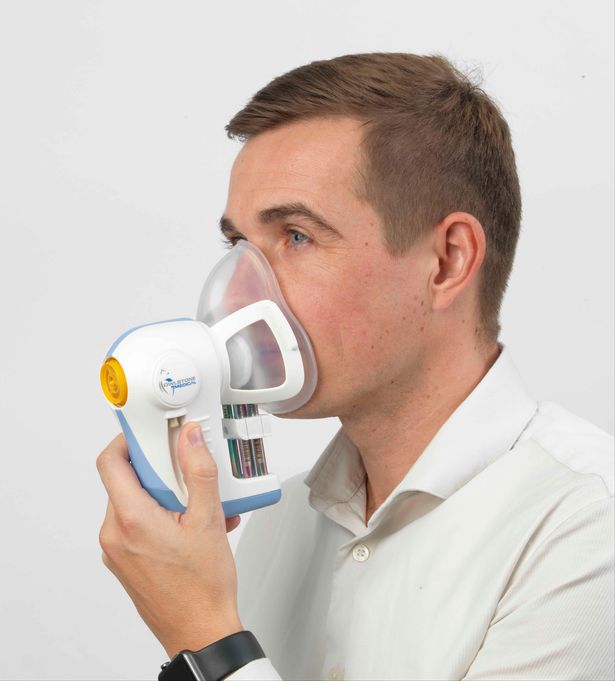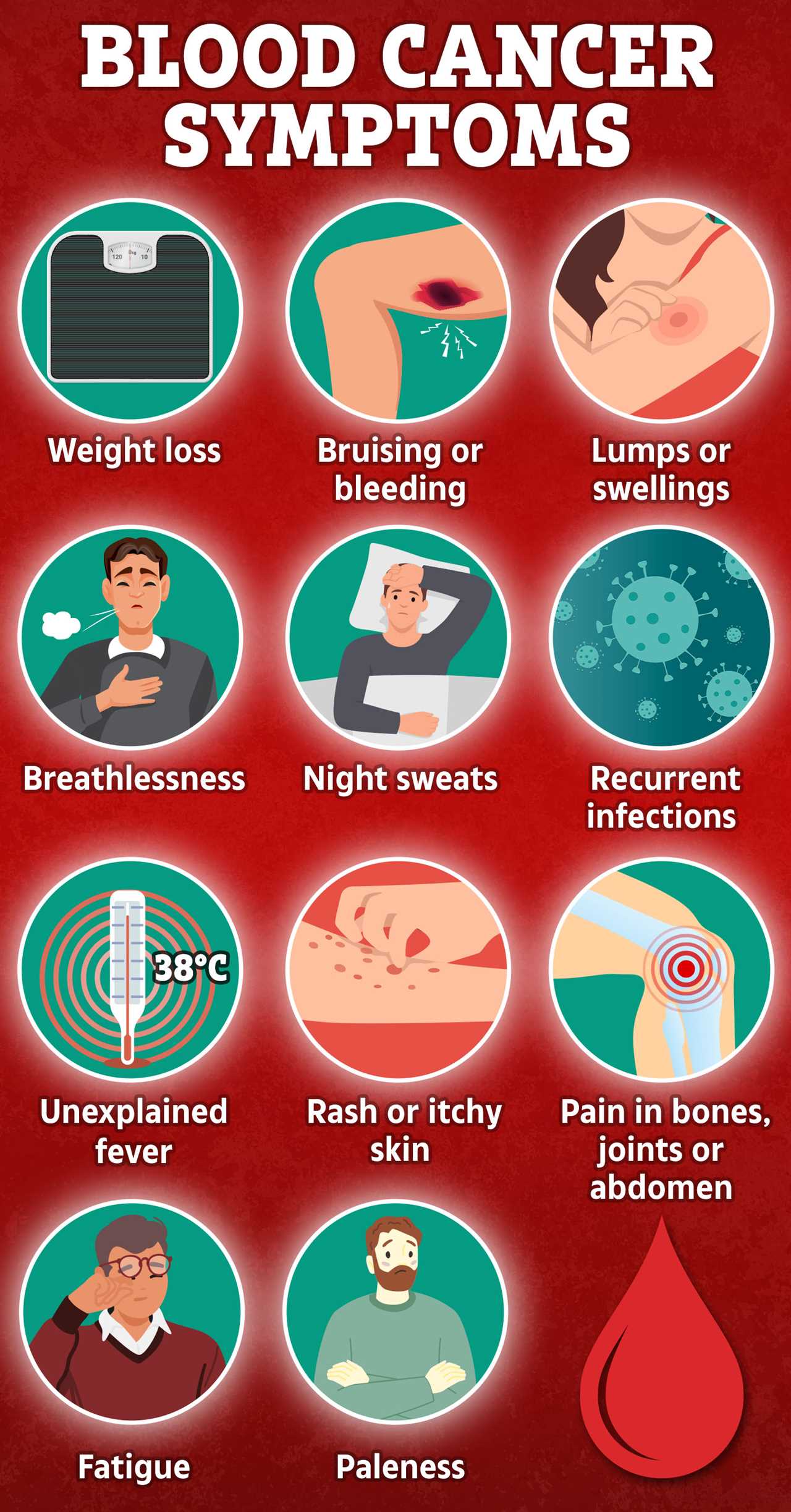
Groundbreaking research reveals the potential of drink-driving style breathalysers in detecting blood cancer, offering a swift and accurate diagnostic tool that could transform patient outcomes. This innovative approach, utilizing breath analysis, marks a significant advancement in early detection strategies for a disease that impacts thousands of lives annually.
The Wider Health Landscape: Revolutionizing Cancer Detection
By harnessing the power of Breath Biopsy® technology, scientists at Queen Mary University of London have pioneered a method to identify blood cancer through distinctive breath molecules. This novel technique not only streamlines the diagnostic process but also holds promise in enhancing treatment efficacy, particularly for high-grade lymphoma, a particularly aggressive form of the disease.
Challenging Conventional Diagnostics: A Paradigm Shift in Healthcare
Traditionally, diagnosing blood cancer has relied on costly and invasive procedures like scans and biopsies, presenting challenges in accessibility and affordability. The introduction of a non-invasive, rapid breathalyser test not only addresses these barriers but also signifies a paradigm shift in healthcare, potentially reshaping how cancers are detected and treated.
Empowering Patients and Healthcare Providers: Democratizing Cancer Care
With over 40,000 new cases of blood cancer diagnosed yearly in the UK alone, the need for accessible and efficient diagnostic tools is paramount. This innovative breathalyser technology has the potential to democratize cancer care, offering a convenient and cost-effective solution that can be deployed even in resource-limited settings, ensuring more equitable access to timely diagnosis and treatment.

Pioneering Future Developments: Enhancing Diagnostic Precision
Looking ahead, researchers are focused on refining the breathalyser test, aiming to enhance its accuracy and efficiency further. By tailoring the technology to identify specific types of blood cancer with precision, the next phase of development seeks to create a targeted and sensitive diagnostic tool that could revolutionize how various forms of the disease are detected and managed.
As this transformative technology continues to evolve, it holds the promise of not only improving survival rates and treatment outcomes for blood cancer patients but also setting a new standard for diagnostic innovation in the field of oncology.
Did you miss our previous article...
https://trendinginthenews.com/cancer/analytical-reflection-unravelling-the-complexities-of-a-terminal-diagnosis-linked-to-mounjaro-side-effects






